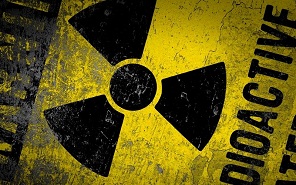Invasion in Libya: first 12 days of war
Anatoly Tsyganok
Oriental Review
"NATO officials understand that without a land operation it is practically impossible to defeat Gaddafi."
The conference held on March 29 in London made it clear that the initiators of the Libyan war are going to continue it. At the same time, the experience of the previous wars in the Mediterranean Sea and in the Persian Gulf shows that air operation is only the first act of the campaign.
* * *
From the very beginning the Western coalition (namely the forces of the US, France and Britain) chose strange targets for the attacks. It would have been a different matter if they had destroyed only the headquarters of Muammar Gaddafi in Tripoli but the air attacks also hit a hospital for elderly people. On the next day when the Libyan mass media reported that 48 peaceful citizens had been killed and 150 wounded several countries slammed the coalition’s attacks.
In the Arab world the public opinion is more and more taking sides with Tripoli. The position of the Arab League has also changed. Three days after the first air attacks Moscow and Beijing demanded stop to the military operation in Libya. In its statement Beijing warned the coalition that the attacks may lead to “humanitarian catastrophe”. On March 20, the African Union joined China condemning the military actions of the coalition. The African Union's Committee on Libya issued a statement in which it called for an "immediate stop" to the air attacks. Earlier Venezuela and Cuba voiced the same demands.
Now the following countries are taking active part in the campaign against Libya: the US, Great Britain, France, Canada, Denmark, Spain, Norway, UAE, Qatar. As for Germany, Greece and Italy they are only providing their air bases to the coalition forces.



























